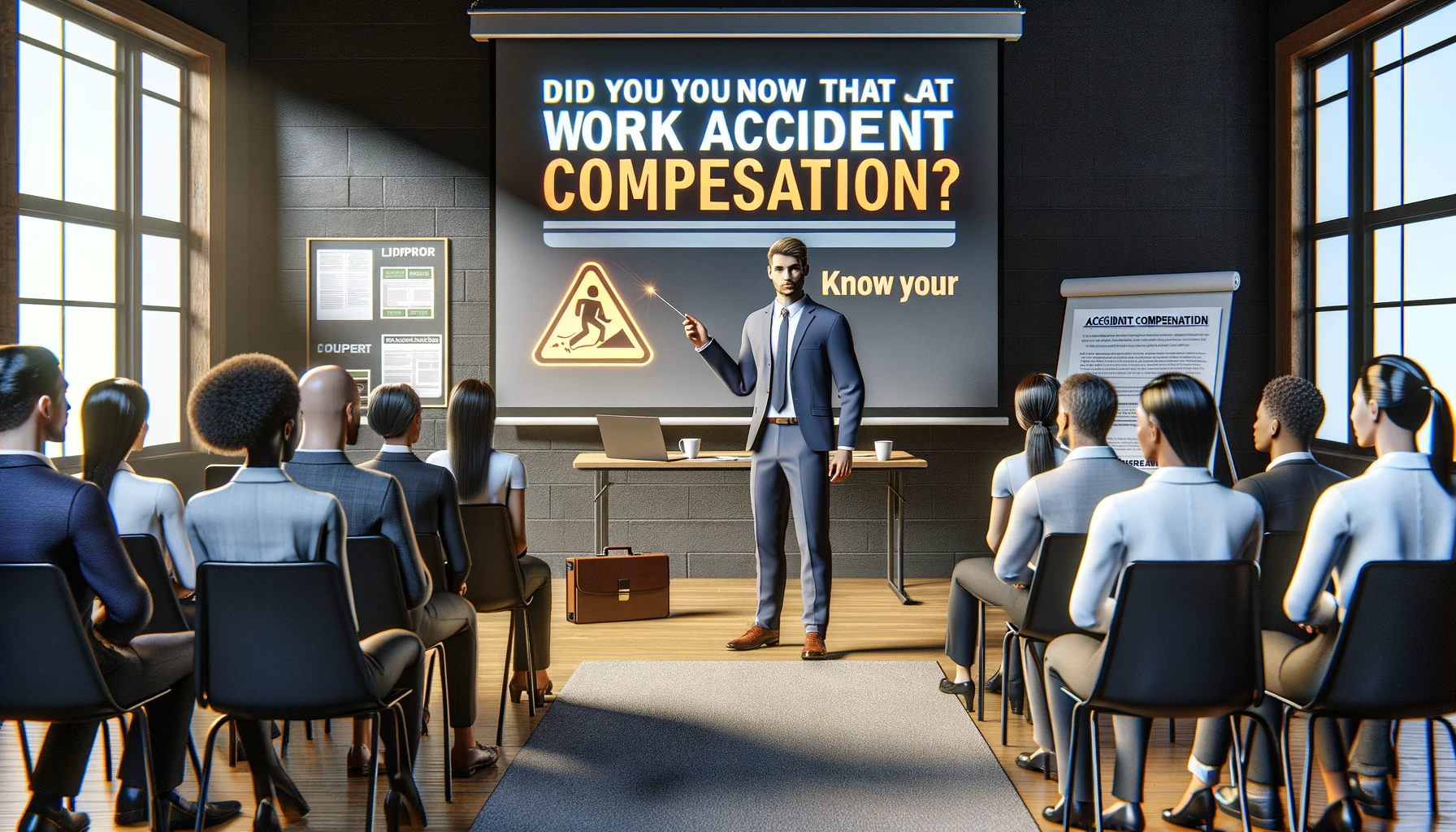When you've had the misfortune of suffering a workplace accident, the last thing you want to worry about is whether your job is on the line. But let's face it, this concern is all too real for many. Understanding your rights and protections as an employee is crucial to navigating this challenging time.


Understanding Workers' Compensation Rights
First things first, let's talk about your lifeline in such situations: workers' compensation rights. This system is designed to cover medical expenses and lost wages when you're injured on the job. But here's the kicker—it also offers a degree of job protection. Generally, you can't be shown the door just because you've filed a claim. That's a no-go in the eyes of the law.
Legal Protection from Firing After a Workplace Injury
Diving deeper into the legal nitty-gritty, wrongful termination after injury is a serious no-no. If you've been given the boot for getting hurt, you might just have a case for unfair dismissal. Employment law is pretty clear: if you're fired solely because of a workplace injury, it's time to chat with a lawyer.Job Security Post-Accident: What the Law Says
So, you're probably wondering, "Can I be laid off after injury?" Well, termination laws employee injury style are pretty specific. While you can't be fired for the injury itself, the law does allow for layoffs under certain circumstances. It's a fine line, but one worth understanding.Employer Obligations After a Workplace Injury
Your boss has some homework to do as well. Employer obligations workplace injury style mean they've got to keep your job open while you're on the mend, within reason. Sure, they can't keep a position open indefinitely, but they can't just replace you because they feel like it.Employee Rights Workplace Injury
So, injured at work—what are my rights, you ask? You've got the right to file for workers' comp, seek medical attention, and not fear retaliation. Workers' rights after an accident are your shield against unfair treatment. Hold that shield high!The Reality of Job Safety After an Accident
Now, let's get real. Even with laws in place, some folks find themselves facing workplace injury unfair termination. It's a tough pill to swallow, but with the right knowledge and support, you can fight back.Navigating the Aftermath of a Workplace Accident
After an accident, it's crucial to follow the right steps. Report the injury, file for workers' comp, and keep a paper trail. Knowledge is power, and in this case, it's your best defense.Preventing Wrongful Discharge Occupational Injury
Prevention is better than cure, right? To prevent wrongful discharge, document everything, know your rights, and maybe get some legal advice in your corner. It's like building a fortress around your job security.
Conclusion
To wrap it up, knowing your rights is the name of the game. Whether it's workers' comp, job security post-accident, or legal protection from firing, being informed is your best bet. Stay safe, stay smart, and don't let a workplace accident knock you off your career path.Look for an attorney who has the right legal resources for your legal needs.
Contact us here on the Warmuth Law website or through our hotline 888-517-9888.











